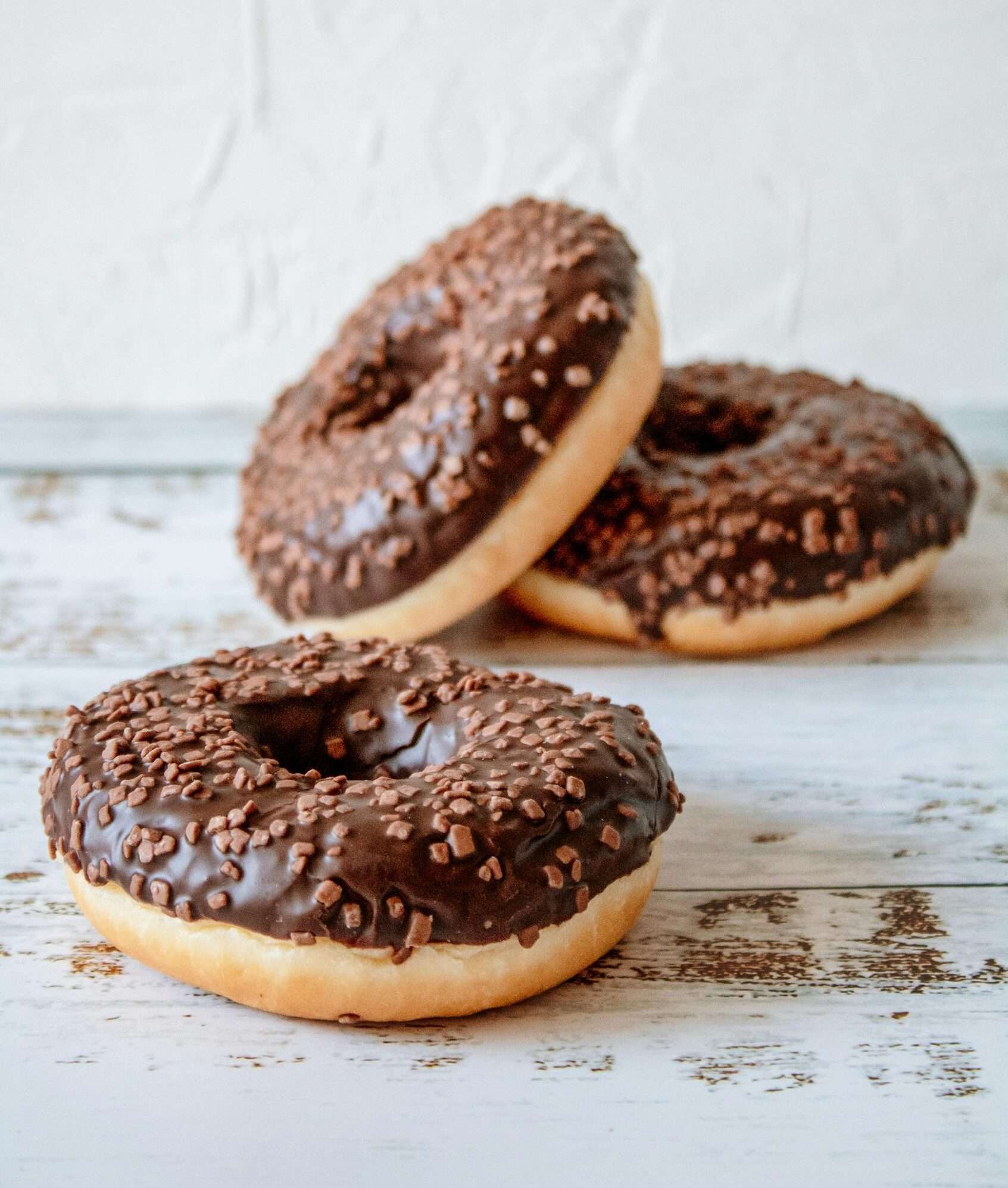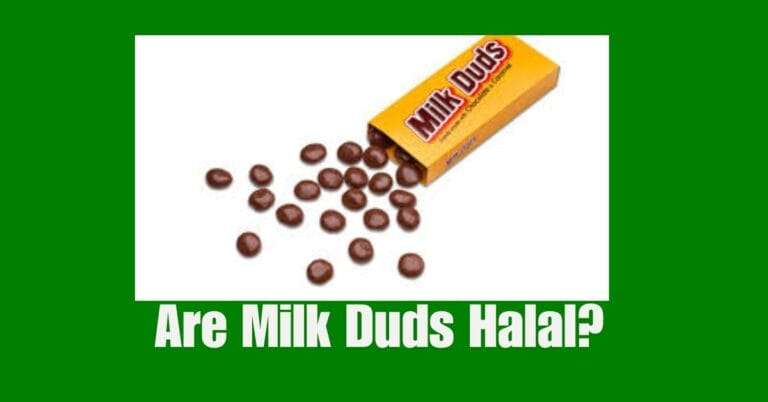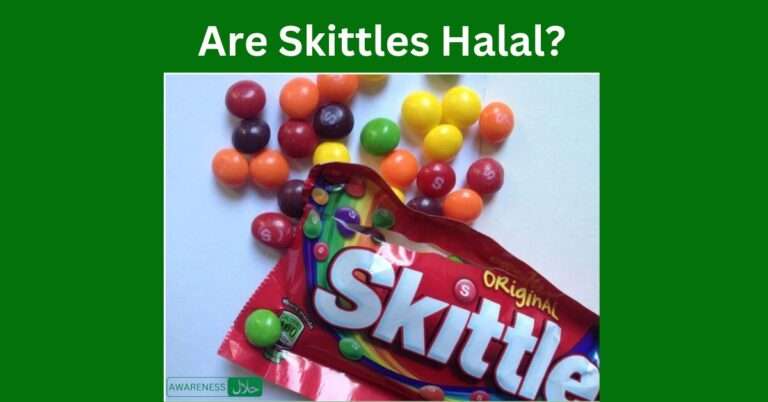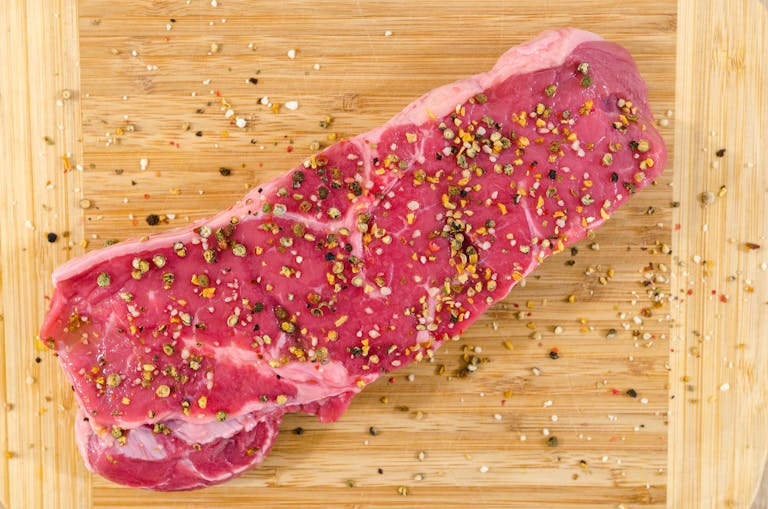Are Donuts Halal? Ingredients And Halal Or Haram Status
Many people around the world enjoy donuts as a favorite treat. However, for Muslims following a halal diet, the question arises: are donuts halal? This article will delve into the intricacies of halal and haram ingredients in donuts, helping you make informed choices.
DONUTS THAT ARE MADE FROM HALAL INGREDIENTS ARE HALAL.
What Are Donuts?
Donuts, also spelled “doughnuts,” are a beloved sweet treat enjoyed by millions worldwide. Known for their distinctive ring shape or filled centers, donuts are versatile and delicious and come in a variety of flavors and styles.
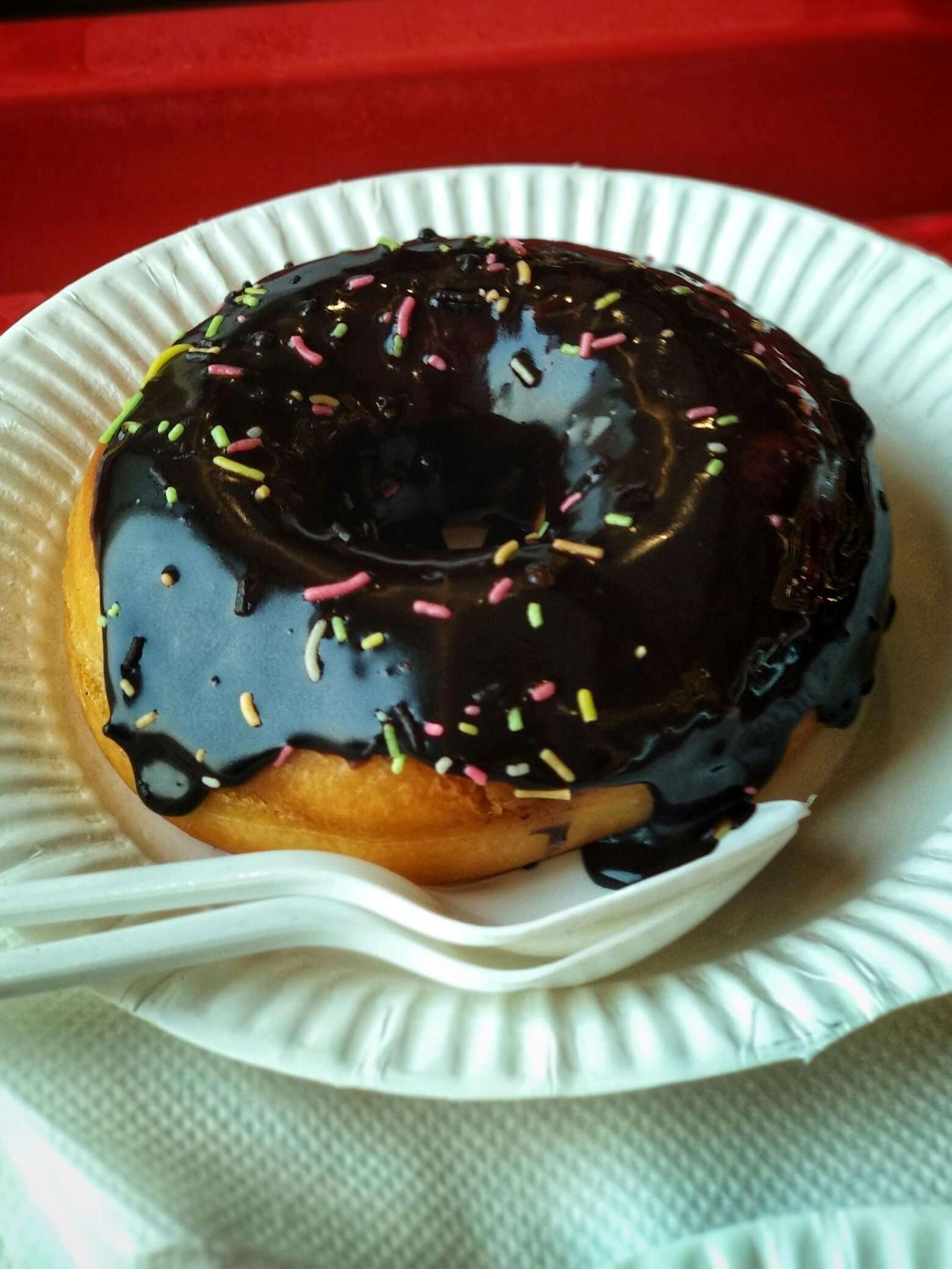
Ingredients in Donuts
To determine if donuts are halal, we must examine their ingredients. Traditional donuts typically contain:
- Flour
- Sugar
- Eggs
- Milk
- Butter or oil
- Yeast
- Flavorings and toppings
While these ingredients seem straightforward, their sources and preparation methods can affect their halal status.
Halal Considerations for Donut Ingredients
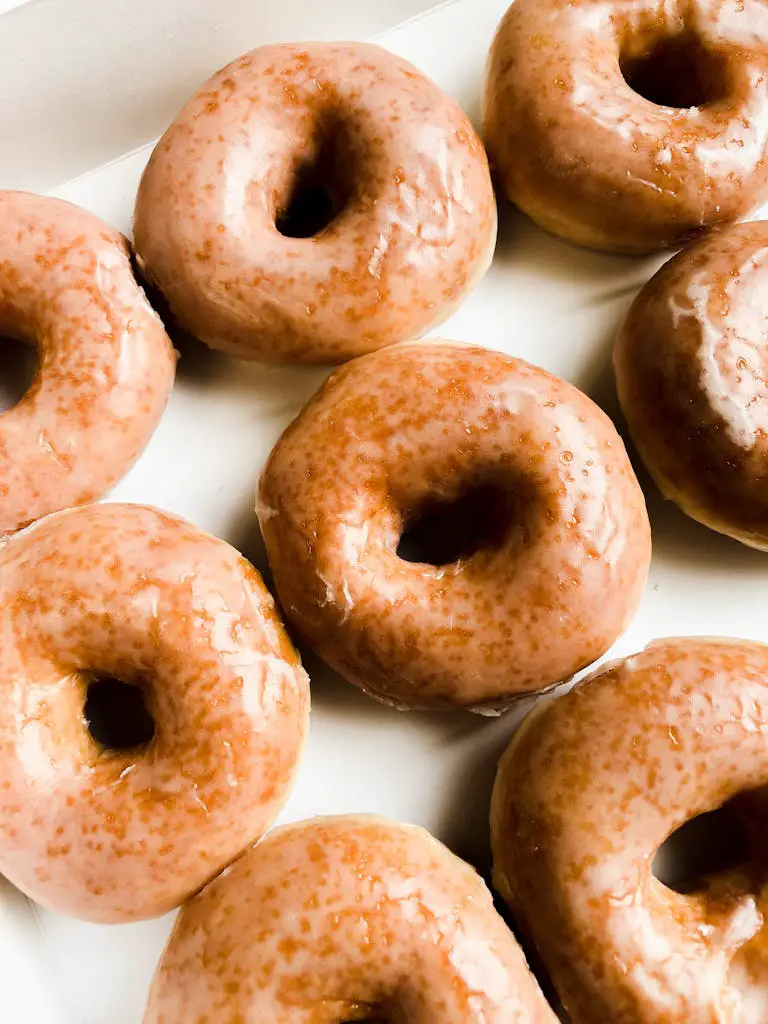
- Flour and Sugar: Generally, flour and sugar are halal as long as they are not contaminated with haram substances during processing.
- Eggs: Eggs are halal as long as they come from halal-certified sources.
- Milk: Milk must come from halal-certified animals and should not be contaminated with haram substances.
- Butter or Oil: These can be tricky. Butter must come from halal-certified sources, and oils should be free from haram additives like lard.
- Yeast: Yeast is typically halal unless it is contaminated during processing.
- Flavorings and Toppings: This is where it gets complex. Flavorings and toppings, such as chocolate or glazes, must be free from haram ingredients like alcohol or gelatin derived from non-halal sources.
Common Haram Ingredients in Donuts
Some donuts contain ingredients that render them haram. These include:
- Gelatin: Often derived from pork or non-halal animals.
- Lard: Pork fat is used in some traditional recipes.
- Alcohol: Sometimes used in flavorings or fillings.
- Emulsifiers and Additives: Certain emulsifiers may be derived from haram sources.
How to Ensure Your Donuts Are Halal
- Check Labels: Look for halal certification on the packaging.
- Ask Questions: Inquire about ingredients and preparation methods at bakeries.
- Make Your Own: Prepare donuts at home using halal-certified ingredients.
Halal Donuts: A Growing Trend
With the increasing demand for halal food, many bakeries now offer halal-certified donuts. These donuts are made with strict adherence to halal guidelines, ensuring that all ingredients and preparation methods comply with Islamic dietary laws.
Conclusion
Donuts can be halal, but careful consideration of the ingredients and preparation methods is required. By checking labels, asking questions, and opting for halal-certified products, you can enjoy this delightful treat while adhering to your dietary principles.
I hope you have answered the question, “Are Donuts Halal?” after reading this article. Visit Halal Awareness for additional information about the halal diet.
Frequently Asked Questions
Are all donuts haram?
No, not all donuts are haram. It depends on the ingredients and preparation methods. Donuts made with halal-certified ingredients and without haram additives are considered halal.
Can I find halal donuts at regular bakeries?
Some regular bakeries offer halal-certified donuts. It's important to ask about the ingredients and look for halal certification.
Are vegan donuts halal?
Vegan donuts can be halal if they are free from haram ingredients and prepared in a halal-certified environment.
What should I avoid in donuts to ensure they are halal?
Avoid donuts containing gelatin, lard, alcohol, and non-halal emulsifiers. Always check for halal certification.
How can I make halal donuts at home?
Use halal-certified ingredients such as flour, sugar, eggs, milk, and butter. Avoid any haram additives and ensure your preparation area is clean and halal-compliant.

